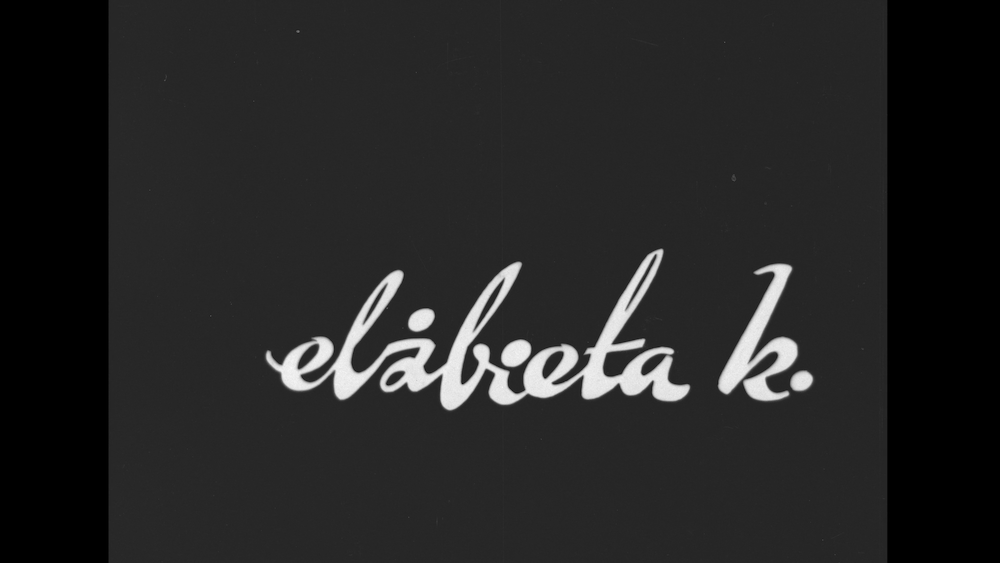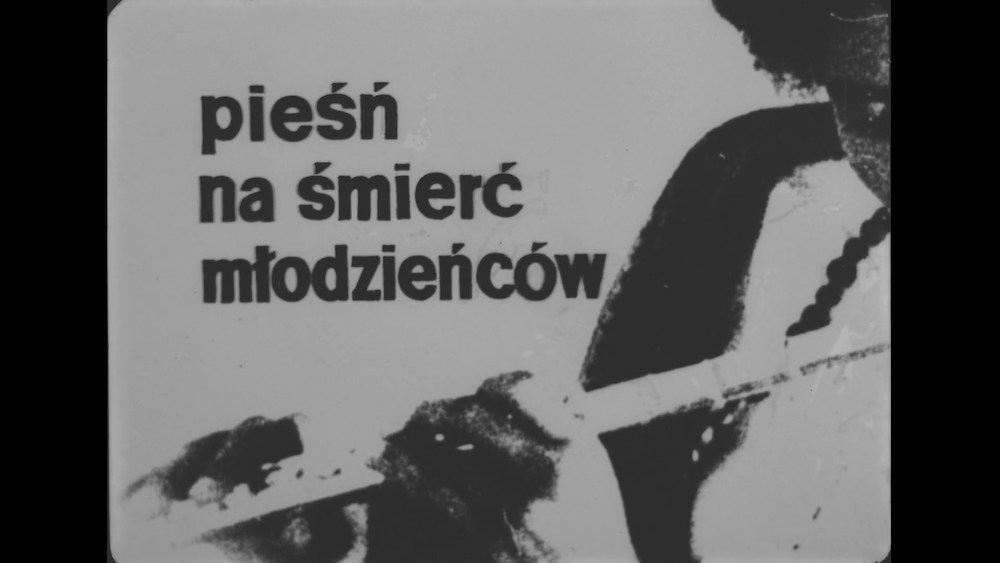4.
NEGATIVE ALBUMS
![]()
Negative albums, Poland, Abdelkrim Derkaoui, 1966-1970
The discovery of Abdelkrim Derkaoui’s negative albums, documenting the Moroccan filmmakers’ years in Poland, and particularly the year they made their student films in Lódź, helps us to bring to light a part of the History of Moroccan cinema that has long remained absent and forgotten.
These recently rediscovered photographs reveal innovative creative and formal dynamics, as well as political and societal questions that had been thought non-existent in Moroccan cinema. They embody the hopes and cinematic intentions of these pioneering young Moroccan filmmakers and invite us to reflect on a history of cinema “through the negative”.
Despite great hope at the time of Independence, and the conditions that seemed to be in place for the birth of a national cinema, it would instead be born of personal and collective struggles, sometimes difficult, many of which have since been forgotten, just like the avant-gardist formal endeavours that emerged at that time.
Although no filmmakers were arrested during the waves of political repression that hit the Moroccan far left in the 1960s and 1970s, they did not come out unscathed. Films were halted, careers were abandoned, and promising filmmakers never got to make more than one full-length film, or even more than a short film.
Mostafa and Abdelkrim Derkaoui were to encounter problems after their first feature-length film, De quelques évènements sans signification [About Some Meaningless Events], was banned in Morocco. It would take Abdelkader Lagtaa many years before being able to shoot his first films. Karim Idriss would never make the kind of cinema he had wished and imagined for Morocco.
Hence this attempt here to reconstruct, through their experiments, a history of Moroccan cinema through its absences by bringing documents, archives, memories and traces to light that allow for the existence of a cinema, and therefore a vision of the world, that has been completely disregarded.
This act also allows us to evoke and reflect on the complexity of the writing of a history of national cinema, when it is faced with a series of erosions, forgetting, erasure and disappearances.
Copyright © 2020 / Léa Morin — CINIMA3 / Talitha

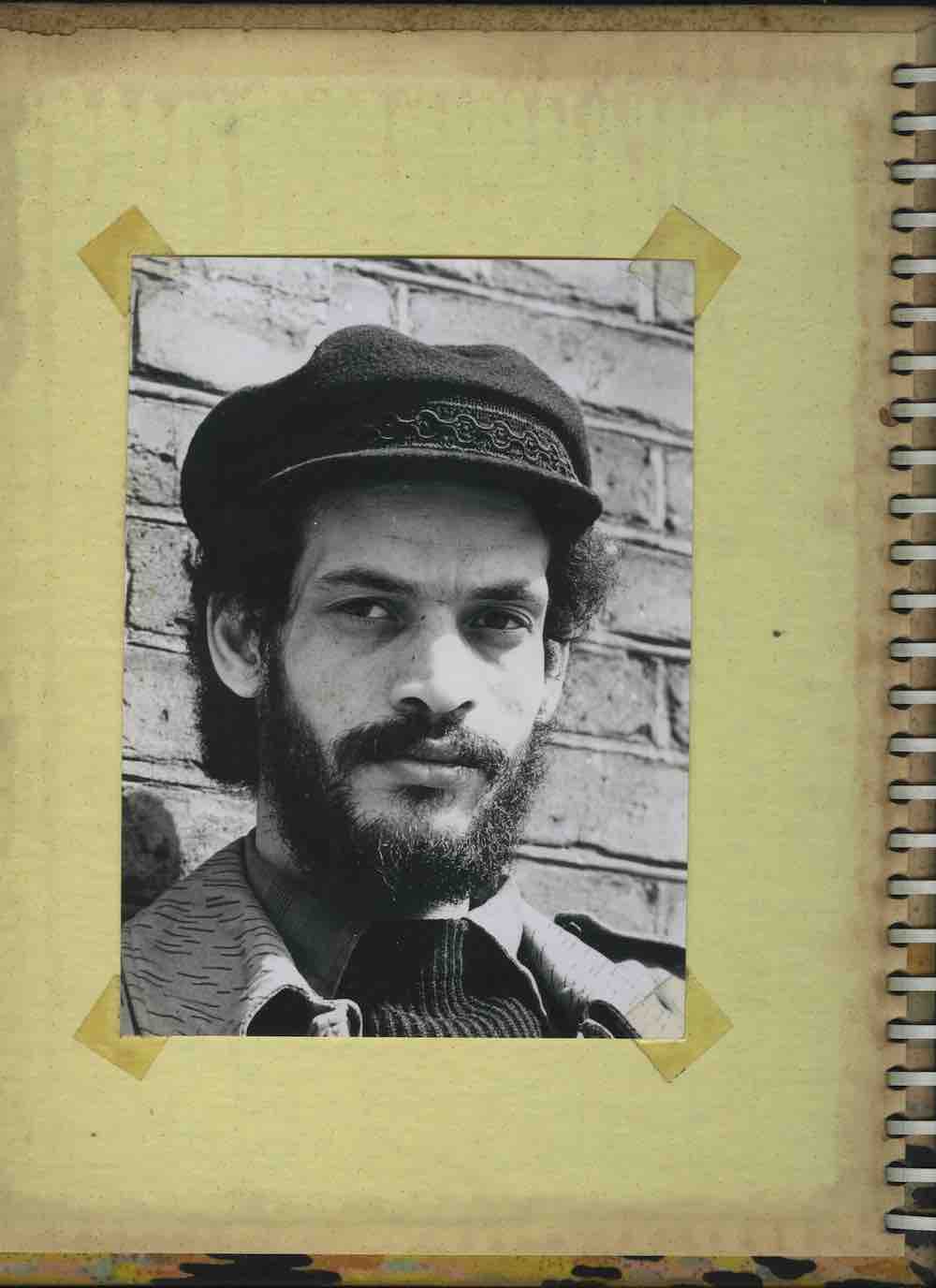
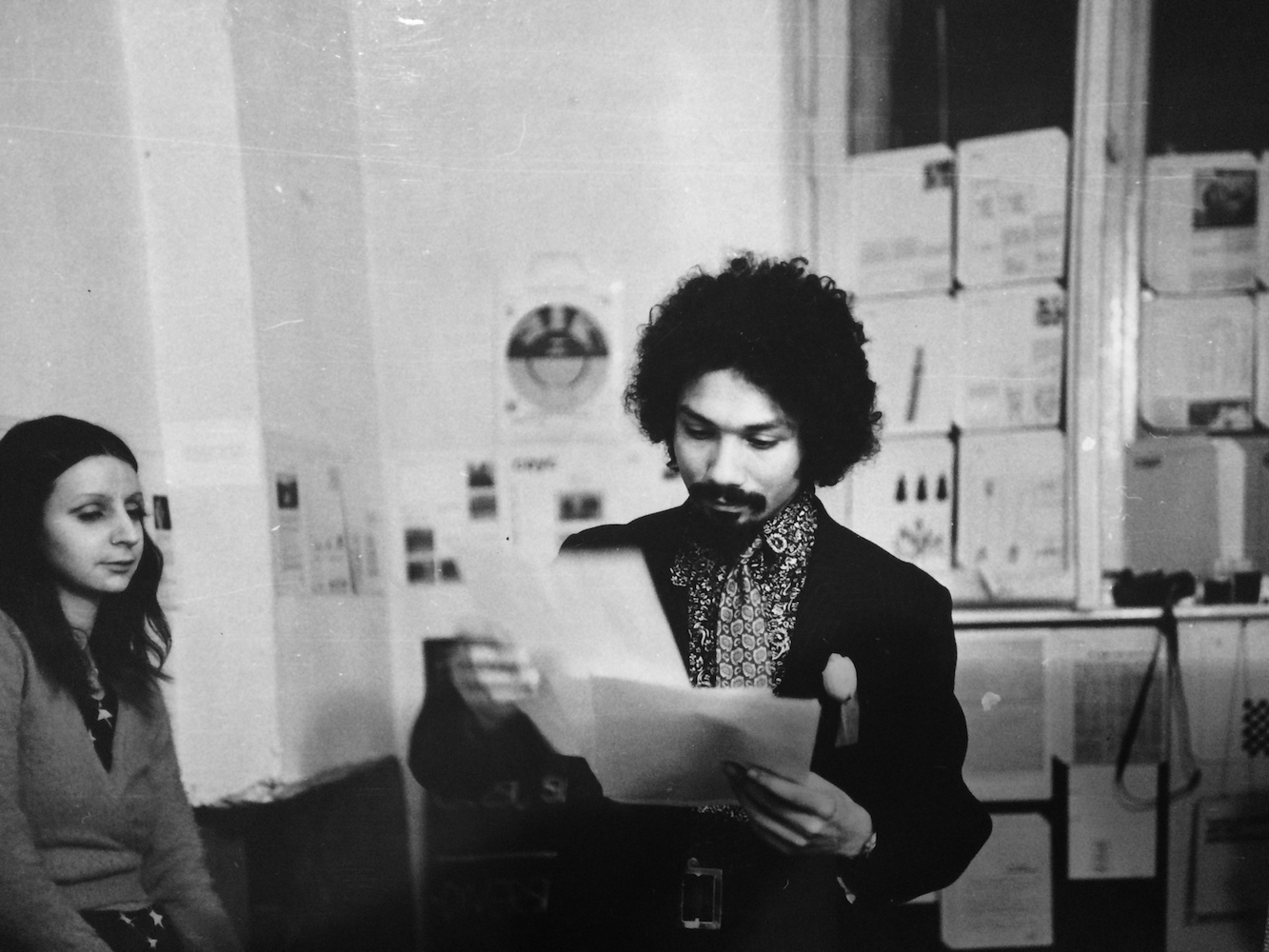
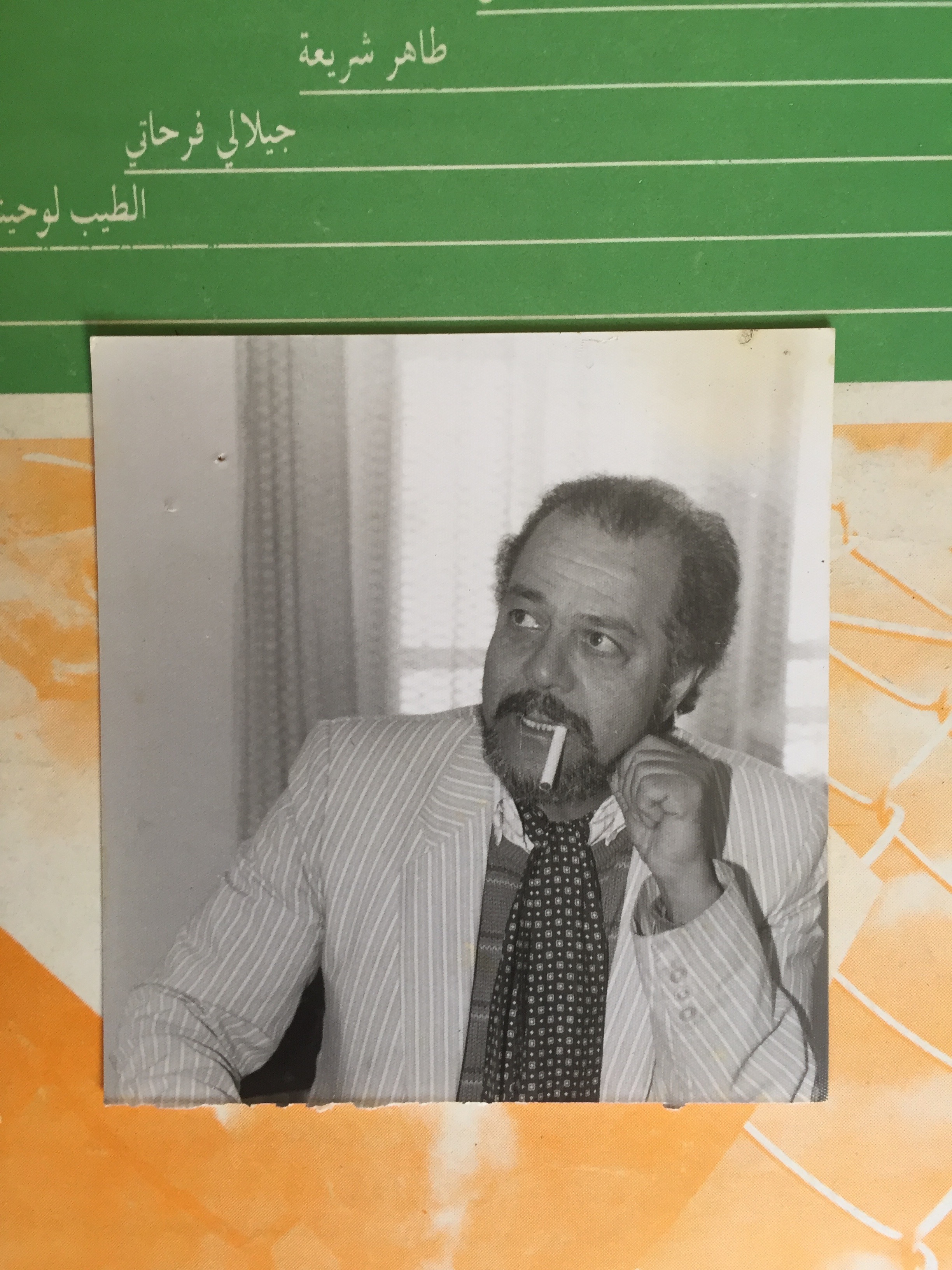 4.4
4.4 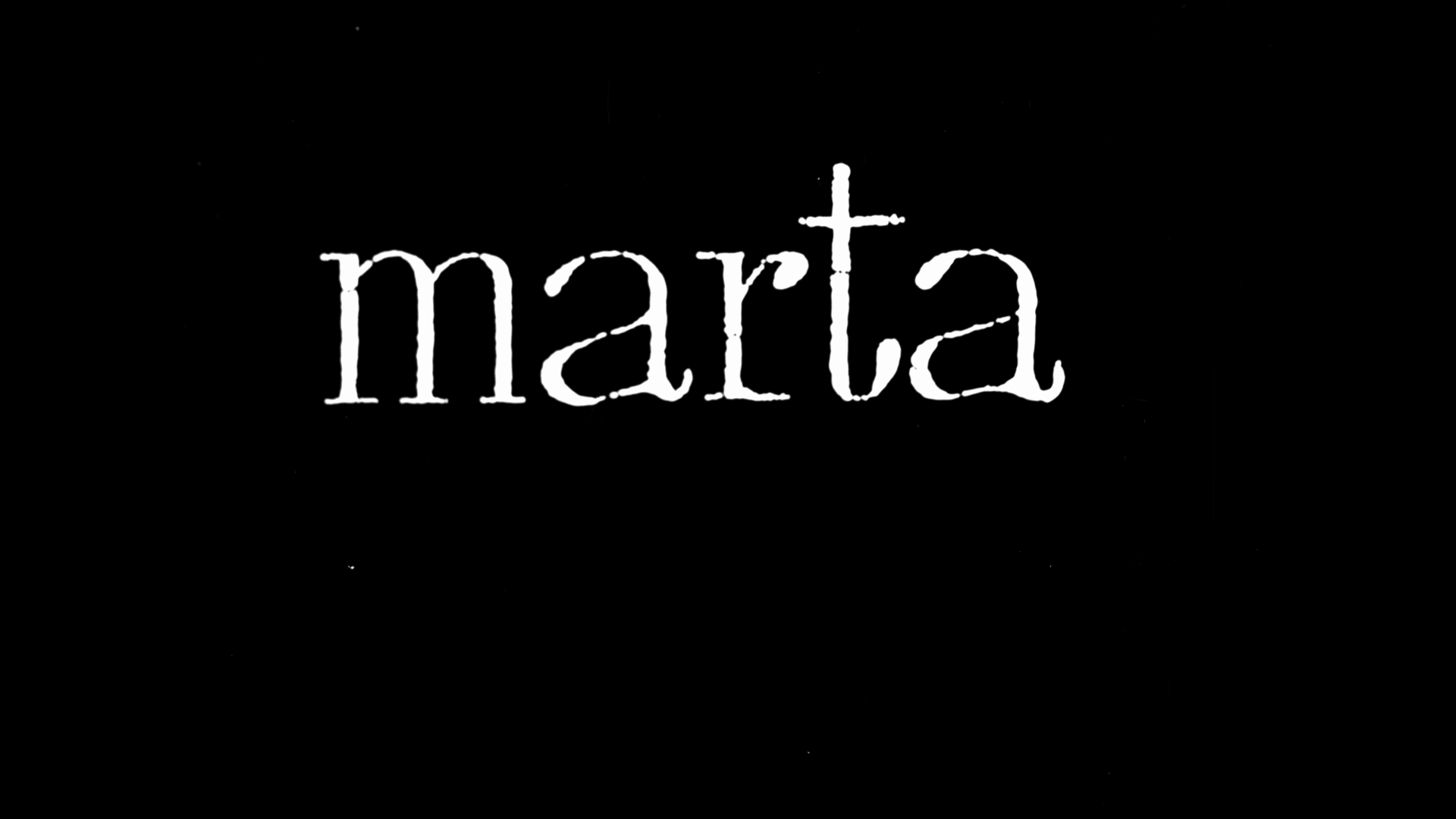 4.6
4.6 